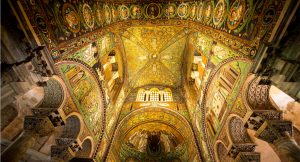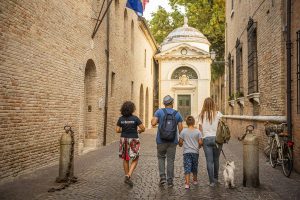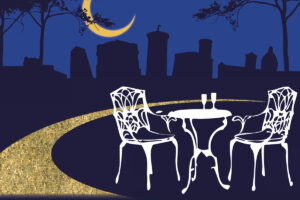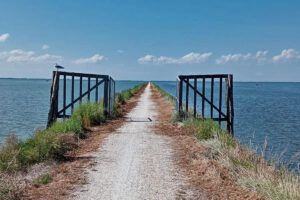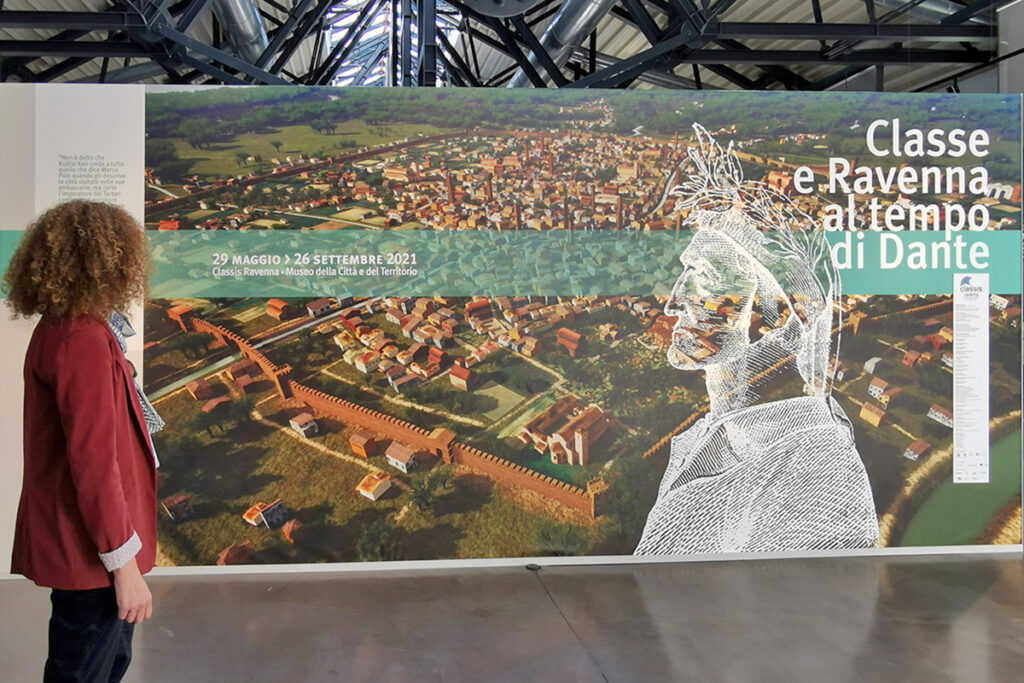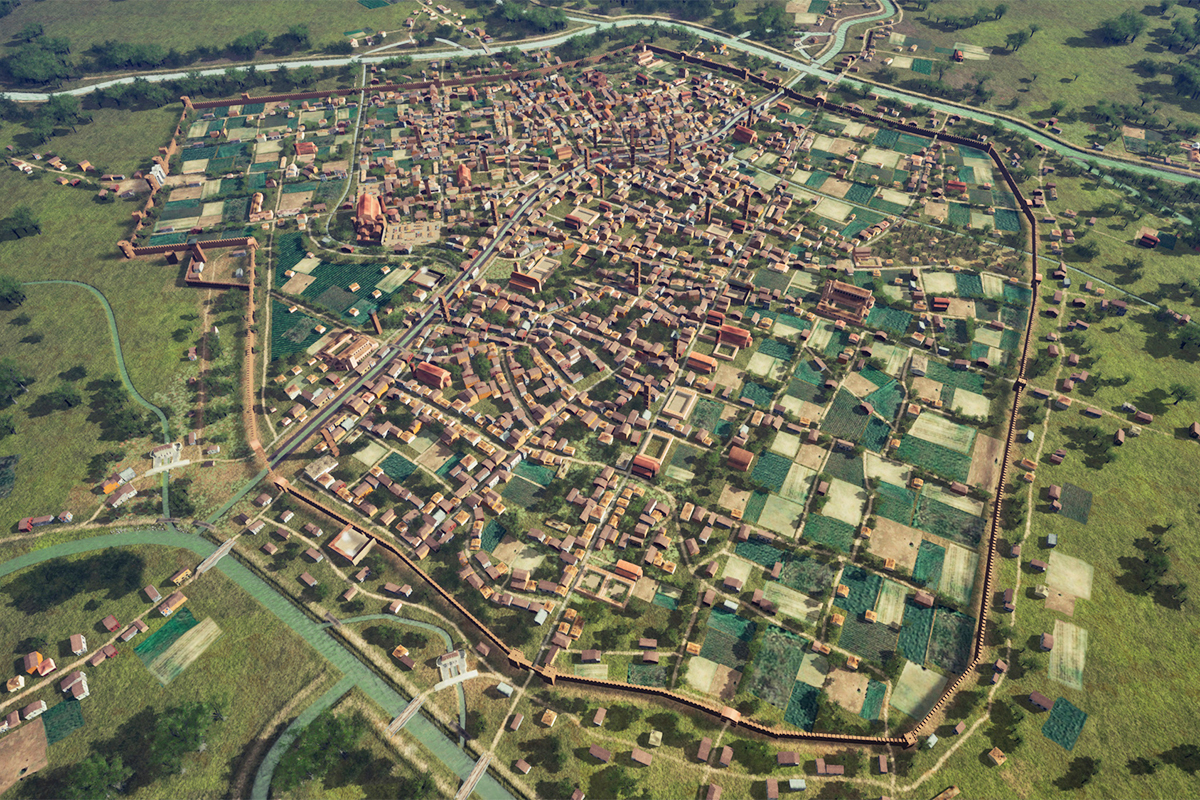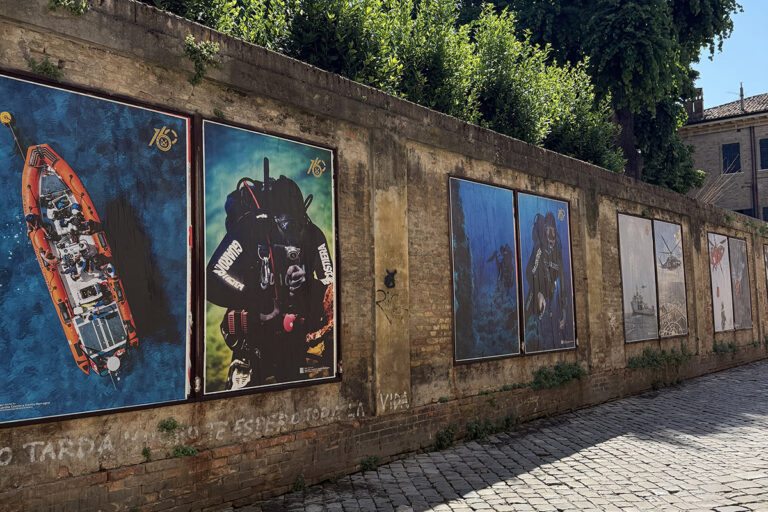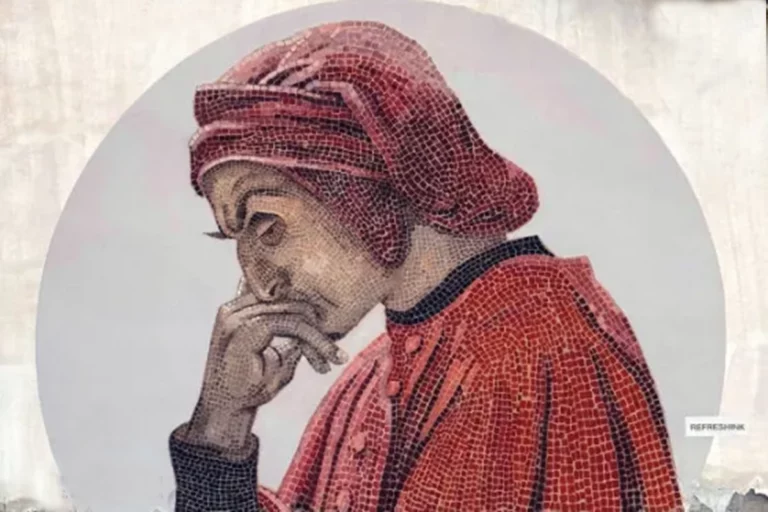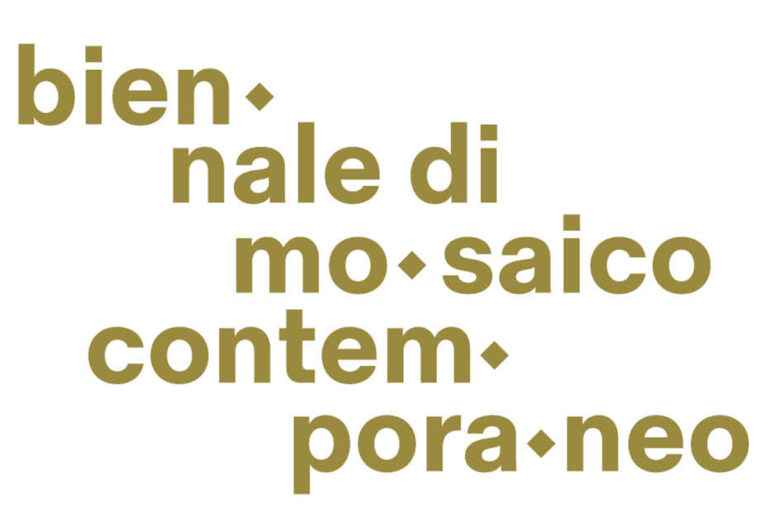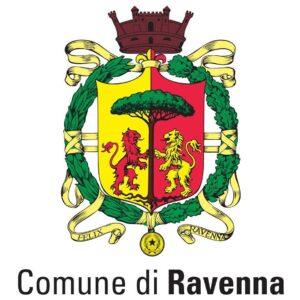What kind of city does Dante meet, when he arrives in Ravenna? Does its connection with the sea and the waterways have still the same importance that is used to in Roman time? What is the relationship between Classe and the surrounding territory? What is the view that unfolds in front of your eyes? And most of all, what was the life in Ravenna like, when it welcomed the Supreme Poet in the last phase of his life?
These are the main questions the exhibition CLASSE E RAVENNA AL TEMPO DI DANTE tries to answer to. Scheduled from 29 May to 9 January 2022 inside the museum Classis Ravenna, the exhibition is an original and thorough research that traces back the monuments and landscapes of the city of Ravenna and Classe in the time of the Supreme Poet.
That our cities are the result of a complex urban and monumental stratification is a fact, even losing, as a result, traces of its glorious past.
This is what happened also in Ravenna, where, besides some extraordinary monuments (such as the Basilica of San Vitale, Basilica of Sant’Apollinare, Mausoleum of Galla Placidia, Mausoleum of Teodoric and few others), are missing tangible traces of the total picture over some historical periods. This is undoubtedly true for the Roman period, but also for the late-antique and the medieval period.
In his life, Dante has stayed in Ravenna, and he must have certainly seen some of its most important monuments. He took inspiration from them for his Divine Comedy, and he visited the surrounding area, especially the Pine Forest of Classe, to which he dedicated some very suggestive lines.
There are no certain information on the city’s urban setting, and we know little about the citizen’s everyday life. But despite all this, the exhibition aims at giving an overall view of some of its aspects: a living, producing, praying, city.
Besides all the documents and the executive images that have been found, the exhibition displays old very interesting witnesses. You will find a selection of six tankards in ancient majolica coming from the well, discovered inside the Church of Santa Croce in Ravenna; a wooden, polychrome sculputre of the Virgin with Child, probably of Emilian-Venetian origins; a piece of architectural decorations from a building of Ravenna and, lastly, a piece of mosaic work from the Cathedral (Basilica Ursiana).
For the exhibition, the Associazione Mercato delle Gaite di Bevagna has specifically created a female medieval dress, one Beatrice might have worn in her time.
The 3D replicas of the city and the surrounding city have a great relevance too, created by Studio Tre.digital s.r.l.. Their aim is to provide the visitors in Dante’s year with an urban and natural picture of Ravenna and territory around the year 1300.
The scientific accuracy and the technological innovation are the main ingredients on which the exhibition project “Classe e Ravenna al tempo di Dante” is based on. It is the result of a team work that has involved historians, archaeologists and new-technologies experts; working together, they managed to grant the scientificism of the replicas and tools on displays, realized with a simple and captivating language.
